A Wholly Different Way Of Living
₹350.00
These 18 dialogues of Krishnamurti with Prof. Allan W Anderson of San Diego State University took place in 1974. Each dialogue covers one aspect or a problem of human existence. Krishnamurti indicates that pinning our hopes on organized religion, science, political ideology or the market economy not only fails to address the basic human problems but actually creates them. The way out of our difficulties, Krishnamurti states, can start only in the mind of each one of us, in an awareness of the way we actually perceive life, ourselves and others.
Category: Dialogue
Only logged in customers who have purchased this product may leave a review.

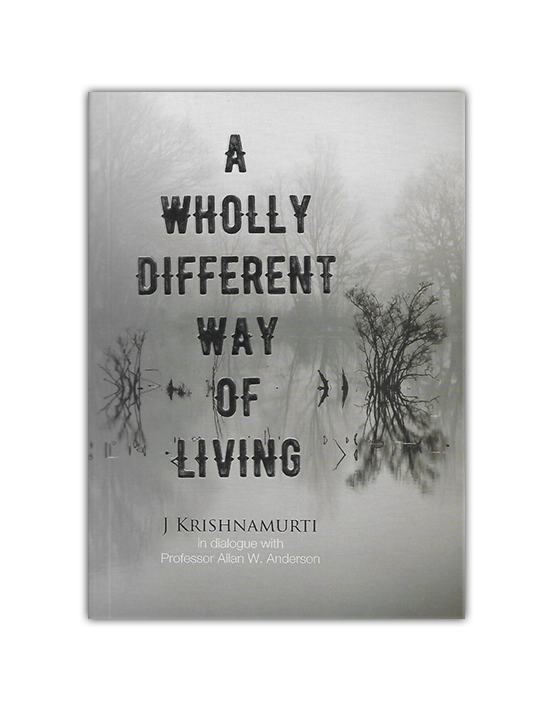
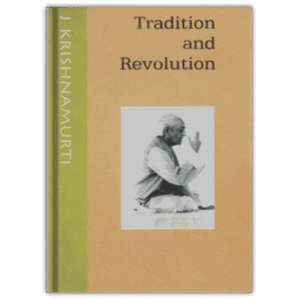
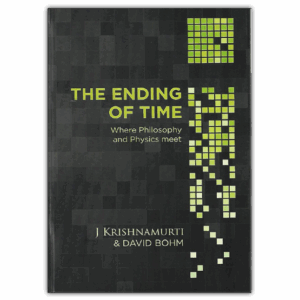
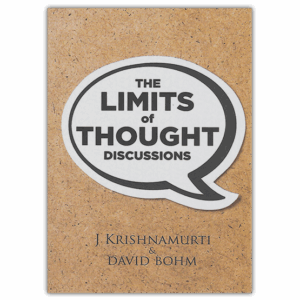
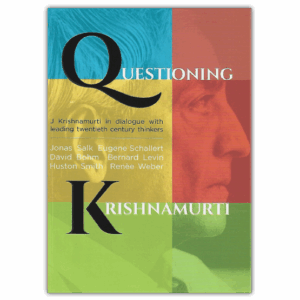
Reviews
There are no reviews yet.